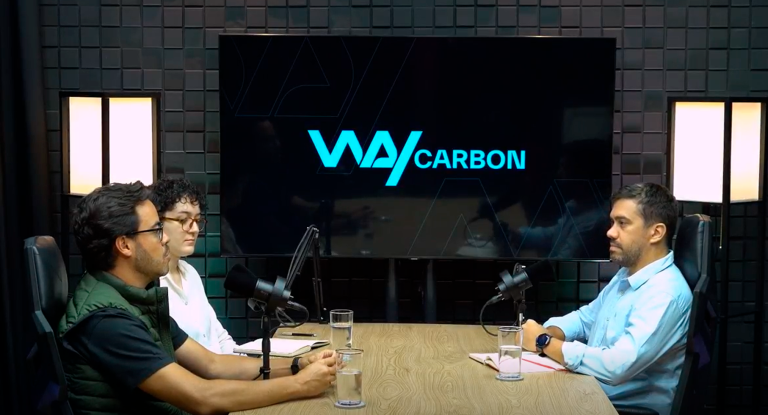The importance of sectoral inventories for the climate agenda

COP30 will be held in Belém, Brazil, in 2025. As the event approaches, the country has many regulatory instruments being developed to arrive at the event with a mature position on the climate agenda.
Some examples are: the development of legislation on the regulated carbon market, the update of the National Climate Change Policy and the establishment of Adaptation and Mitigation Sectoral Plans. In addition, the definition of a new NDC (Nationally Determined Contributions), which determines each country’s participation in the reduction of global emissions, is being considered.
In this context, several associations are organizing themselves to better understand the emissions profile of the sectors and study mitigation projects through sectoral inventories. In this way, they can align important discussions with the Federal Government about their emissions trajectory and decarbonization plans.
How does a sectoral emissions inventory work?
In a sectoral inventory, groups of companies are involved according to the characteristics of their operations and can share relevant aspects about emission factors and other particularities. In this way, they create working groups to disseminate good practices and encourage the increase in maturity in companies without an inventory, for example. Collective work allows for joint plans to be drawn up for adjustments in accounting and to obtain results with greater associated value.
Recently released to the public, the Mining Sector Inventory (2024), by IBRAM (Brazilian Mining Institute) is an example of positive results for the sector. IBRAM is already in the third edition of the inventory, and between 2011 and 2024, the number of companies with calculated inventories increased from 25% to 75%. This number represents a significant gain in maturity in the management of individual emissions, encouraged by a sector in constant public evaluation. The work also made it possible to monitor the performance of emissions by companies and to hold government discussions on associated targets.
The inventory was carried out using the WayCarbon Ecosystem software – GHG and ESG Management to consolidate emissions. This increased the reliability of the calculations, as they were automated, the confidentiality of company data, as they had separate logins, and the replicability of results over the years.
Other entities, such as the Brazilian Association of Real Estate Developers (ABRAINC) and the Brazilian Institute of Oil and Gas (IBP) also carry out sectoral inventories with the support of WayCarbon. This has generated more knowledge on the management of emissions by members and encouraged the development of more robust and accurate decarbonization plans.

 EN
EN  ES
ES PT
PT





